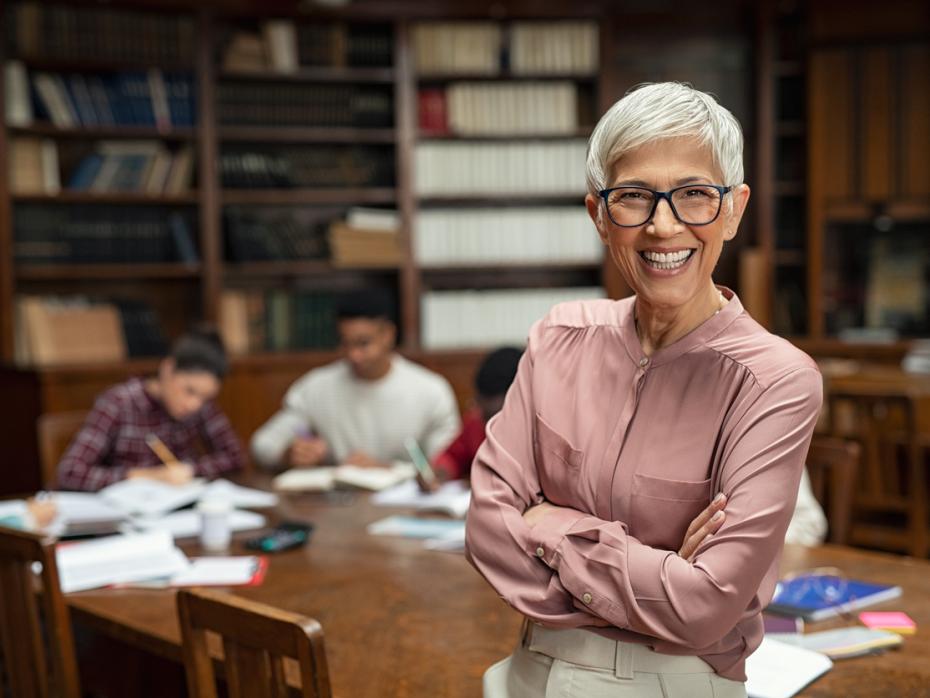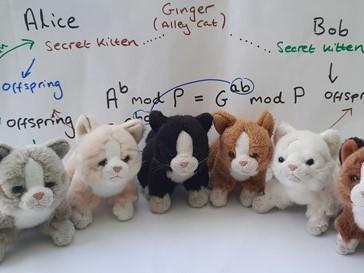
21st-century skills for HE teachers

You may also like
The challenges the post-Covid HE landscape has presented us with warrant a systematic reflection on the essential qualities needed to navigate a field facing constant change and many uncertainties. Below are some of the skills we, as teachers, need to hone to effectively navigate the educational landscape.
Resilience
By adopting a lifelong learning mindset, we can equip ourselves with the necessary attributes to navigate the challenges that lie ahead. We must always seek opportunities such as workshops, seminars, conferences and online courses to enhance our existing knowledge and skills. At the same time, we also need to prioritise self-care practices, such as mindfulness, exercise and maintaining a healthy work-life balance to protect our well-being and prevent burnout. This proactive approach allows us to stay adaptive, overcome obstacles and grow personally and professionally.
Intellectual growth and spiritual maturity
As teachers, it’s important to wholeheartedly engage in an ongoing journey of enquiry that involves a deep commitment to intellectual growth and spiritual maturity. To nurture intellectual growth in our students, we must follow learning and teaching practices that encourage deep thinking and analysis.
The Socratic method is one way to engage students in thoughtful and open-ended discussions about a specific topic. This involves encouraging students to ask probing questions, challenge assumptions and support their arguments with evidence. Another option is to ask students to write reflective diary entries that encourage them to explore their thoughts, feelings and insights about a particular concept or experience. Through introspection and evaluation, they can analyse their underlying values and beliefs.
Collaboration
Sharing our expertise with and learning from our colleagues can lead to the resolution of emerging challenges. Therefore, we should foster a collaborative culture with mutual support between our colleagues and peers. Within our institutions, we can build our own discipline-based professional learning communities where we can meet regularly to discuss curricular design, instructional strategies and assessment practices. We can also work with other educators to better design and implement lessons. To facilitate this, conduct regular peer classroom observation and offer constructive feedback to your colleagues, and ask them to do the same throughout the semester.
Another good way to foster collaboration is to make use of online collaborative platforms such as Google Drive and One Drive folders or institution-based learning management systems, such as Moodle and Blackboard, to share learning and teaching resources. This can gradually build up a rich and accessible repertoire of resources for teachers’ references, especially for those who are new to the courses or even the field. To further expand the learning circles, we can also build virtual educational communities via online social media platforms, such as Facebook and Instagram, which allow us to connect with other educators to share insights, ask questions and collaborate on projects. This can build stronger bonds between educators in the field.
- Resource collection: Teaching strategies to enhance learning
- Design a student-centred curriculum for dynamic learning
- Classroom management techniques you don’t get taught
Innovation
Teachers should never ritualise dominant pedagogical tools and practices without thoughtful contemplation. We should recognise that every educational initiative goes beyond superficial changes and demands a shift in mentality and a communicative approach. For instance, when integrating AI tools and technologies into learning and teaching, we should first ask ourselves what the educational values and pedagogical potentials associated with them are before exploring ways to infuse them into learning and teaching, such as tracking student performance, addressing student queries or delivering immediate feedback.
Another example is to advocate for interdisciplinarity in education and remember that, beyond being a catchy buzzword, it is an ideology that requires us to reflect on the potential to solve pressing global issues. We need to think of how various disciplines and skills could be combined to address real-life challenges. We also need to think of how to facilitate students’ understanding of interdisciplinarity’s values and importance.
One of the starting points is to frame interdisciplinary learning as a boundary crossing process that involves four potential learning mechanisms, namely identification, coordination, reflection and transformation. Identification involves recognising each other’s perspectives, expertise and assumptions and identifying what the team lacks in order to face the problem at hand. Coordination refers to finding the means and procedures to effectively communicate and collaborate together as a collective whole. Reflection involves attempting see the world or one’s own practice through the eyes of somebody else. Transformation refers to a change in action or practice by doing something new or differently as a result of being confronted with and utilising a variety of perspectives and expertise.
Open-mindedness
Teachers must constantly remind themselves of the fundamental reason they entered the teaching profession. In today’s chaotic society, with many individuals facing physical and psychological challenges, we need to stay firm in our passion for guiding students to grow and thrive. We have the power to make a difference in their lives, and this difference is rooted in clear thinking and sensitivity towards diversity. We should always remind ourselves not to label our students or make assumptions about them.
Being open-minded is a crucial teacher’s skill. It helps create a nurturing school environment that fosters a sense of belonging and acceptance. It also allows us to tailor our teaching to diverse student needs and offer authentic learning opportunities for all students. One way to hone and demonstrate this quality includes spending time with individual students outside of class to understand their backgrounds and interests and challenges they face. We should also actively offer them various learning opportunities to unleash their potential and discover their true selves.
A high-calibre teaching force is essential to the overall quality of education at higher education institutions. As teachers, we should continue to learn and reflect to equip ourselves with the skills, knowledge, expertise and other characteristics to cope with the complex and dynamic changes and challenges ahead of us.
Adrian Man-Ho Lam is a part-time lecturer at the Faculty of Education at the University of Hong Kong.
If you would like advice and insight from academics and university staff delivered direct to your inbox each week, sign up for the Campus newsletter.


